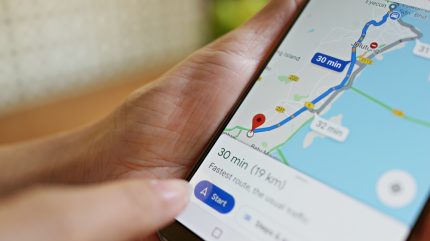
SilverRail, a UK software-as-a-service provider for the rail industry, has announced it has launched its integration with Google.
The global search giant said it was keen on the partnership as part of its sustainability drive.
The tie-up will direct European Google search users to SilverRail’s retail platforms. The hope is that travellers will be more likely to choose rail over flying for available journeys, in a bid to cut personal emission footprints.
Aaron Gowell, Founder and Chief Executive Officer of SilverRail said: “We are incredibly proud to announce our work with Google – helping them to help their billions of users to make greener travel decisions.
“Our deep experience in providing both journey planning and booking engines to organisations such as National Rail Enquiries, LNER and Transport for Wales will be useful as we help make rail easy for UK travellers searching online,” he added.
SilverRail explained that rail is increasingly being seen as the key to hitting net zero targets in the UK, and increased links to Europe are persuading companies to use rail for business travel.
“People are prioritising sustainable travel, companies are mandating employees use rail to help hit Net Zero targets, and the combination of high-speed rail with increased competition has made trains faster and cheaper across Europe,” the company added via its statement.
Along with its changes to the Search function to prioritize rail and other lower-carbon transport options, Google has amended its Maps function to give directions that rely more heavily on waking and public transport.
Amsterdam, Barcelona, London, Paris and Rome will be the first cities where residents see the changes.



